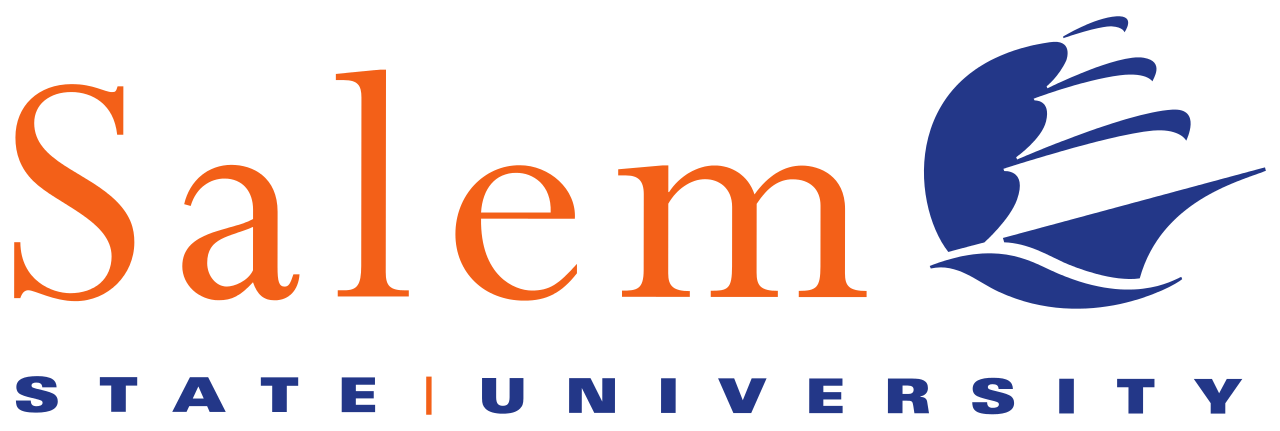It wasn’t until I literally could not speak the same language as the teachers in a professional development session I was leading that I changed the way I taught and the way I thought about teaching.
In early 2006, I was one of six people invited to rural northeastern Colombia and asked to lead a week-long institute about how to teach citizenship competencies. Notably, I was not fluent in Spanish. Instead of teaching, my role on the teaching team was something resembling quality control. I was the only member of the team who worked for the organization that had developed the curriculum being taught, and so I had written the first draft of the PD institute schedule. I organized the other facilitators and worked with them to refine and adapt the sessions to suit the context.
The adaptation was so important, because the context in which the curriculum was first developed was so strikingly different from the context in which it was now being used. What had been a program for urban schools in the United States – with decidedly uneven success, I might add – was now being presented as a model program for rural (sometimes one-room, multi-age) schools in a part of Colombia that was just emerging from 60 years of armed conflict.
Given the context into which I was stepping – the weight of the conflict, the pervasive newness of the context, the awareness that teachers believed I had something to teach them – I felt tremendous responsibility toward the teachers, humbled to think that I might have something to teach them. Surely, I thought, I have so much I can learn from them.
This realization – that my expertise had limits and that my humility would enable me to be a better learner and therefore a better teacher – was central to how I (and the rest of the teaching team) approached our work. We were transparent about the limits of our knowledge, even as we tried to communicate what we knew clearly and thoroughly. We elicited the expertise of everyone in the room and tried to create opportunities for people to share experience across schools and across hierarchies. We insisted that teachers tell us what other adaptations were needed to make the content work for them. At the time, I saw our work as having an elegant parallelism: we were presenting a curriculum to teach the competencies required for democratic citizenship, and so we were creating a truly democratic learning environment. What we want for students, we should give to teachers.
The way we approached our work as facilitators – that is, the way we approached teaching as learners – was transformative for me. When I returned to the U.S. and began to lead more PD sessions with U.S. teachers, I saw my role differently. Instead of seeing myself as an expert messenger, I viewed my responsibility as balancing my expertise with the expertise of others. Being seen as humble – as a learner – was actually an essential part of teaching.
However, even though I changed the way I taught, I continued to see the lesson I learned through the lens of democracy. I did not teach science or literature or math, and so I did not presume to know whether the kinds of humble expertise translated to other disciplines.
I figured it was better to stick to what I knew – which was the civic dimension of education – and focus on better understanding what kinds of teaching led to more empowered citizens. This was how I framed my research interests when applying to doctoral programs – and it was compelling enough to get me through the admissions committee.
But after several years of reading and writing and thinking about it, I came to the conclusion I had been trying so assiduously to avoid. Namely, the lesson I learned in Colombia transcended civics: good teaching and learning across disciplines depended on reciprocal and respectful relationships. Good teaching and learning, I was finally able to write, was not about efficient transfer but deliberation.
And I have 45 courageous and gracious Colombian teachers to thank for this realization and its lasting effect on my teaching.

